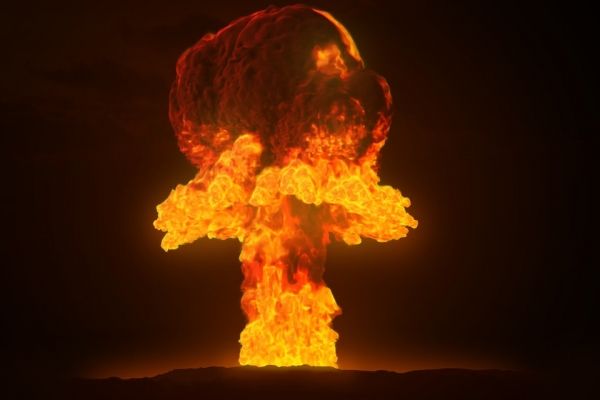Nuclear war would cause many immediate fatalities, but smoke from the resulting fires would also cause climate change lasting up to 15 years that threatens worldwide food production and human health, according to a study by researchers at Rutgers University, the National Center for Atmospheric Research and other institutions.
The study appears in the Journal of Geophysical Research – Atmospheres.
Scientists have long understood that nuclear weapons used on cities and industrial areas could initiate large-scale fires whose massive amounts of smoke injected into the stratosphere could cause global climate change, leading to the term “nuclear winter.”
But in the new study, researchers for the first time used a modern climate model, including aerosols and nitric oxide emissions, to simulate the effects on ozone chemistry and surface ultraviolet light caused by absorption of sunlight by smoke from regional and global nuclear wars.
Read more at Rutgers University
Photo Credit: AlexAntropov86 via Pixabay


